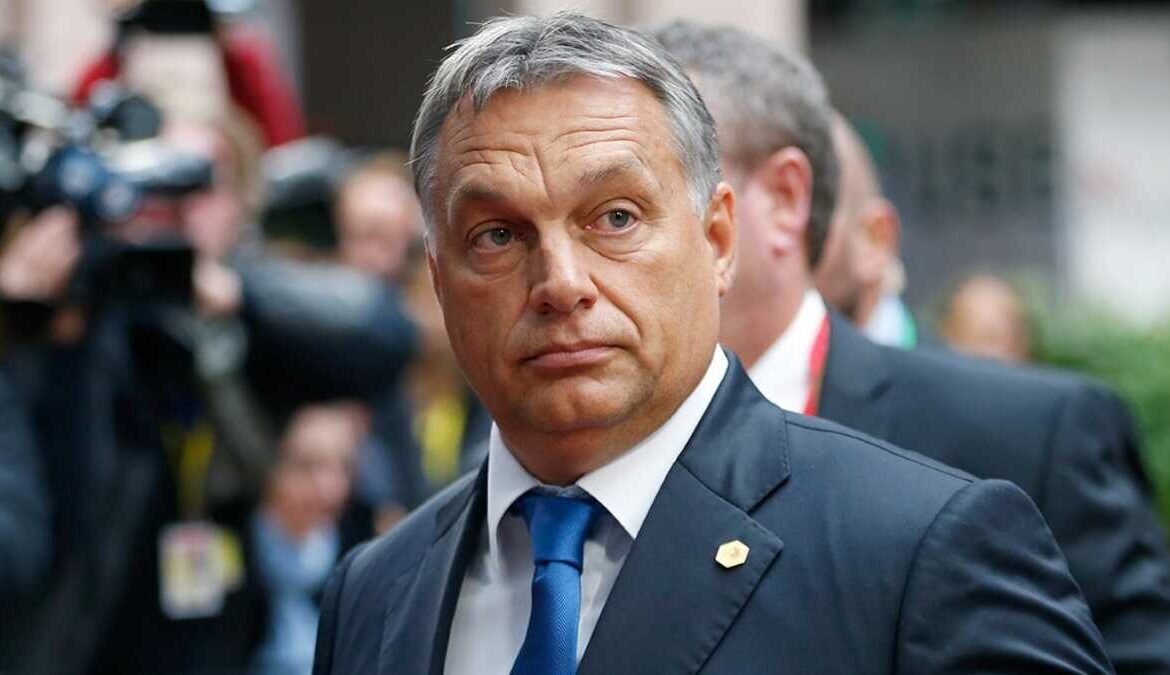This Tuesday, the EU was scheduled to complete negotiations on the community budget for the coming years — and the allocation of funds to overcome the consequences of the coronavirus pandemic. However, according to media reports, in his letter to the EU, Hungarian Prime Minister Viktor Orban threatened to veto the adoption of the mechanism to protect the rule of law. Polish Prime Minister Morawiecki said on Friday that he would never give his consent to the adoption of this mechanism. However, the media seriously doubt that Budapest and Warsaw will be able to achieve anything with their tenacity.
[adinserter block=”2″]
Empty threats alone
According to Nepszava, these threats can simply be dismissed as annoying flies:
“The EU is unlikely to take seriously the threat of a veto from the Hungarian and Polish governments because the economies of both countries need literally every cent to survive. Moreover, this is the only way to win the upcoming elections. … If the head of the Hungarian government really “goes crazy” and starts an open war with the EU, he will very soon find himself in splendid isolation. He will not be able to win over to his side countries moaning from the coronavirus crisis and in need of an immediate influx of funds.“
EU and EPP should increase pressure
As La Vanguardia points out, the best way to solve problems is through negotiation:
“Negotiations are in the interests of everyone, including Hungary, which would have come in handy with this money. It is time for the EU to use its negotiating skills to convince Hungary to stop blocking funds. The EU also needs to convince Poland (and other Eastern European countries that are thinking about taking a slippery slope) that this option does not bode well. … And the European People’s Party (EPP) faction in the European Parliament must convey to twelve MPs from Fidesz that they will find a place in the ranks of the faction only if they share the party ideals.“
Finally, the EU has found the right leverage
In an article in the Corriere Della Sera newspaper, MEP Giuliano Pisapia explains what makes the new mechanism particularly effective:
“The compromise reached by the European institutions provides for a guarantee of respect for freedom of speech, as well as the autonomy and independence of justice in the EU member states. … Measures can be taken even if the slightest suspicion arises that the principle of the rule of law is not observed in a particular country. After the possible violation is considered by the European Commission, the decision goes to the European Council, which will have to deliver its verdict within a month — by a qualified majority. This is another important step forward because a decision does not require unanimity — this scourge of the European Union in all other areas of decision-making.”

